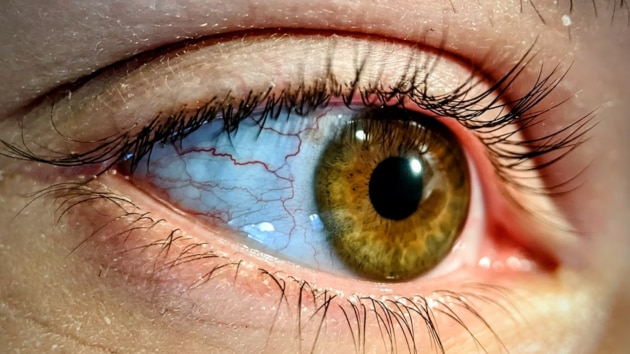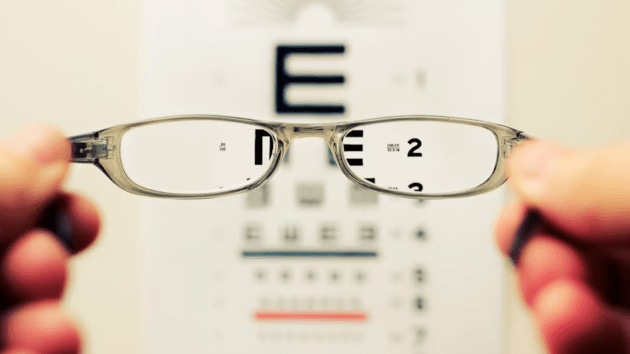What eye scans can reveal about heart disease risk
Research shows that eye scans could actually provide clues to heart disease risk. Let's now more about it.
October 30, 2025 14:49 IST 1 / 7
1 / 7Recent research shows that simple scans of the back of your eye (the retina) may reveal early signs of vascular damage and help predict heart disease risk. It’s a non invasive insight into your cardiovascular system. (Source: Photo by unsplash, reference from Medical Xpress )
 2 / 7
2 / 7What The Study Found? Researchers at McMaster University analysed retinal scans from over 74,000 people and found certain patterns of blood vessel changes in the eye that were linked with higher heart disease and biological ageing. (Source: Photo by unsplash, reference from Medical Xpress )
 3 / 7
3 / 7The Retinal Heart Link: The small blood vessels in your retina mirror those in your heart and brain. If they show signs of narrowing or damage, it could reflect similar issues in your cardiovascular system. (Source: Photo by unsplash, reference from Medical Xpress )
 4 / 7
4 / 7What This Means For You? Routine eye exams could one day double as cardiovascular screening tools. Detecting risk early means more time for prevention through lifestyle or medication. (Source: Photo by unsplash, reference from Medical Xpress )
 5 / 7
5 / 7What You Can Do Now? Schedule regular eye exams including retinal imaging. Control blood pressure, blood sugar and cholesterol. Maintain a healthy diet, exercise, and avoid smoking, all protect both your eyes and your heart. (Source: Photo by unsplash, reference from Medical Xpress )
 6 / 7
6 / 7Who Can Benefit the Most? Individuals with high blood pressure, diabetes, smoking history or family heart disease may gain most from retinal scans, as they’re already at elevated risk for microvascular damage. (Source: Photo by unsplash, reference from Medical Xpress )
 7 / 7
7 / 7Key Takeaway: Your eyes may reveal more than you think. Retinal scans are emerging as a non-invasive insight into your heart’s health, but they complement, not replace, traditional cardiovascular checks. (Source: Photo by unsplash, reference from Medical Xpress )











